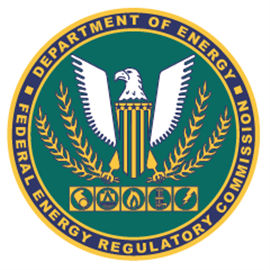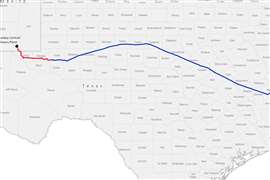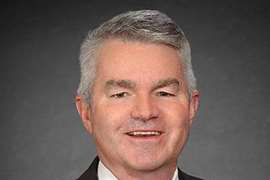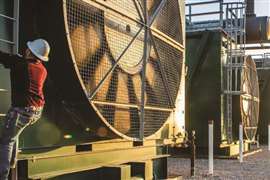Read this article in Français Deutsch Italiano Português Español
FERC opens inquiry into streamlined approvals for LNG and hydropower work
November 21, 2025
Commission seeks stakeholder input on potential blanket authorizations
The Federal Energy Regulatory Commission is exploring whether certain activities at liquefied natural gas (LNG) terminals and hydropower facilities can move ahead without case-by-case approval, a move aimed at reducing permitting bottlenecks and improving regulatory certainty for energy infrastructure developers.
At its Nov. 20 open meeting, commissioners voted to issue two Notices of Inquiry (NOIs) that ask industry, environmental groups and other stakeholders to weigh in on whether FERC should create blanket authorizations for specific project activities that are currently subject to individual orders. The initiative is part of a broader examination of how the agency can simplify reviews for maintenance, repairs and other lower-risk work while maintaining safety and environmental oversight.
“Energy infrastructure needs to be built now, and existing projects need to be maintained efficiently to ensure grid reliability today and in the future,” said FERC Chairman Laura Swett. “We are taking a hard look at our processes and ways we can simplify certain activities.”
The first NOI (RM26-2-000) focuses on LNG facilities and seeks comment on whether FERC should revise its regulations under Sections 3 and 7 of the Natural Gas Act to allow certain activities to proceed without full, case-specific orders. FERC is requesting information on which types of maintenance, modifications or operational changes might qualify for such treatment and what criteria the Commission should use to determine eligibility.
The proposal signals that FERC is weighing whether a more standardized approach could reduce the workload associated with recurring or routine requests at LNG export terminals and storage sites. Developers and operators have long pointed to incremental upgrades, reliability-related work and small-scale expansions as areas where approval timelines can stretch out despite limited environmental or safety impacts.

The second NOI (RM26-3-000) takes a similar approach for hydropower facilities regulated under the Federal Power Act. The Commission is seeking comment on streamlining post-licensing reviews for maintenance, repairs and infrastructure upgrades and on identifying activities that could be completed by licensees without prior FERC approval.
Hydropower operators frequently pursue routine modernization work—ranging from turbine replacements to structural repairs—that can require multiple filings and extended review periods. FERC said it wants feedback on whether certain categories of work can be handled through a blanket authorization framework while still ensuring protection of environmental resources and compliance with license conditions.
Both inquiries emphasize that FERC is at an information-gathering stage, with no proposed rule text yet on the table. Comments will be due 60 days after publication in the Federal Register.
Industry groups are expected to engage heavily in the process, given that permitting timelines for LNG infrastructure have become a strategic issue as the U.S. seeks to expand export capacity and maintain competitiveness in a tightening global market. The hydropower sector, meanwhile, has been pushing for modernization pathways that support grid reliability and renewable integration.
MAGAZINE
NEWSLETTER

CONNECT WITH THE TEAM









